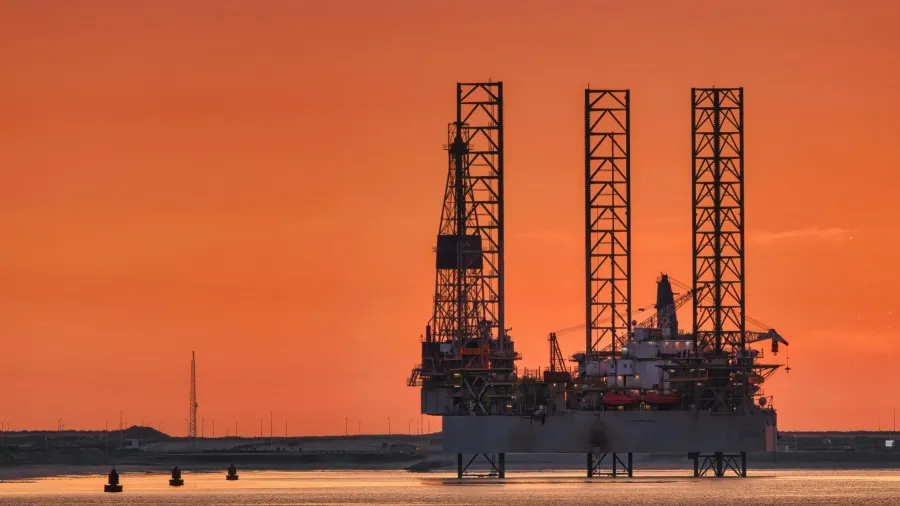
China's oil giants brace for slower growth
It is projected that the nation’s oil demand growth will decelerate to 3% in 2024, down from a 7% rebound in the preceding year.
China's three national oil companies (NOCs) are scaling back production expansions this year in response to the country's projected slower economic growth, as per S&P Global Ratings’ China's Oil Majors Will See Slower Demand This Year report.
Still, spending commitments are expected to persist due to investments in energy transition and national fuel security.
"China's three NOCs have sufficient rating buffers to shoulder their still-sizable capital expenditure requirements over the next two years," said S&P Global Ratings credit analyst Crystal Wong. "We believe the credit ratings on the Chinese NOCs will stay resilient."
The report projected that China's oil demand growth will decelerate to 3% in 2024, down from a rebound of 7% in the preceding year.
Against this backdrop, flagship subsidiaries of the three NOCs, namely the China National Petroleum Corp. (CNPC), China Petrochemical Corp. (Sinopec Group), and China National Offshore Oil Corp. (CNOOC), are expected to witness a tempered pace in their production expansions.
"We expect a slowdown in China's oil demand and refined oil products growth this year," said Wong. "Upstream production and refinery throughput at the three oil majors will stay largely flat."
ALSO READ: Asia leads growth in oil, gas capacity globally
PetroChina Co. Ltd., a subsidiary of CNPC, and China Petroleum & Chemical Corp. (Sinopec Corp.), a subsidiary of Sinopec Group, are also projected to maintain flat oil and gas production levels in 2024.
Meanwhile, CNOOC Ltd., a subsidiary of CNOOC, is anticipated to experience the highest production growth rate, ranging between 3% to 6%, although decelerating from the 9% growth observed in 2023.
The surge in production is expected to stem primarily from the ramp-up of domestic offshore oilfields in Bohai and the South China Sea, alongside contributions from mega overseas projects in Guyana and Brazil.






![Cross Domain [Manu + SBR + ABF + ABR + FMCG + HBR + ]](https://cmg-qa.s3.ap-southeast-1.amazonaws.com/s3fs-public/styles/exclusive_featured_article/public/2025-01/earth-3537401_1920_4.jpg.webp?itok=WaRpTJwE)
![Cross Domain [SBR + ABR]](https://cmg-qa.s3.ap-southeast-1.amazonaws.com/s3fs-public/styles/exclusive_featured_article/public/2025-01/pexels-jahoo-867092-2_1.jpg.webp?itok=o7MUL1oO)









 Advertise
Advertise


